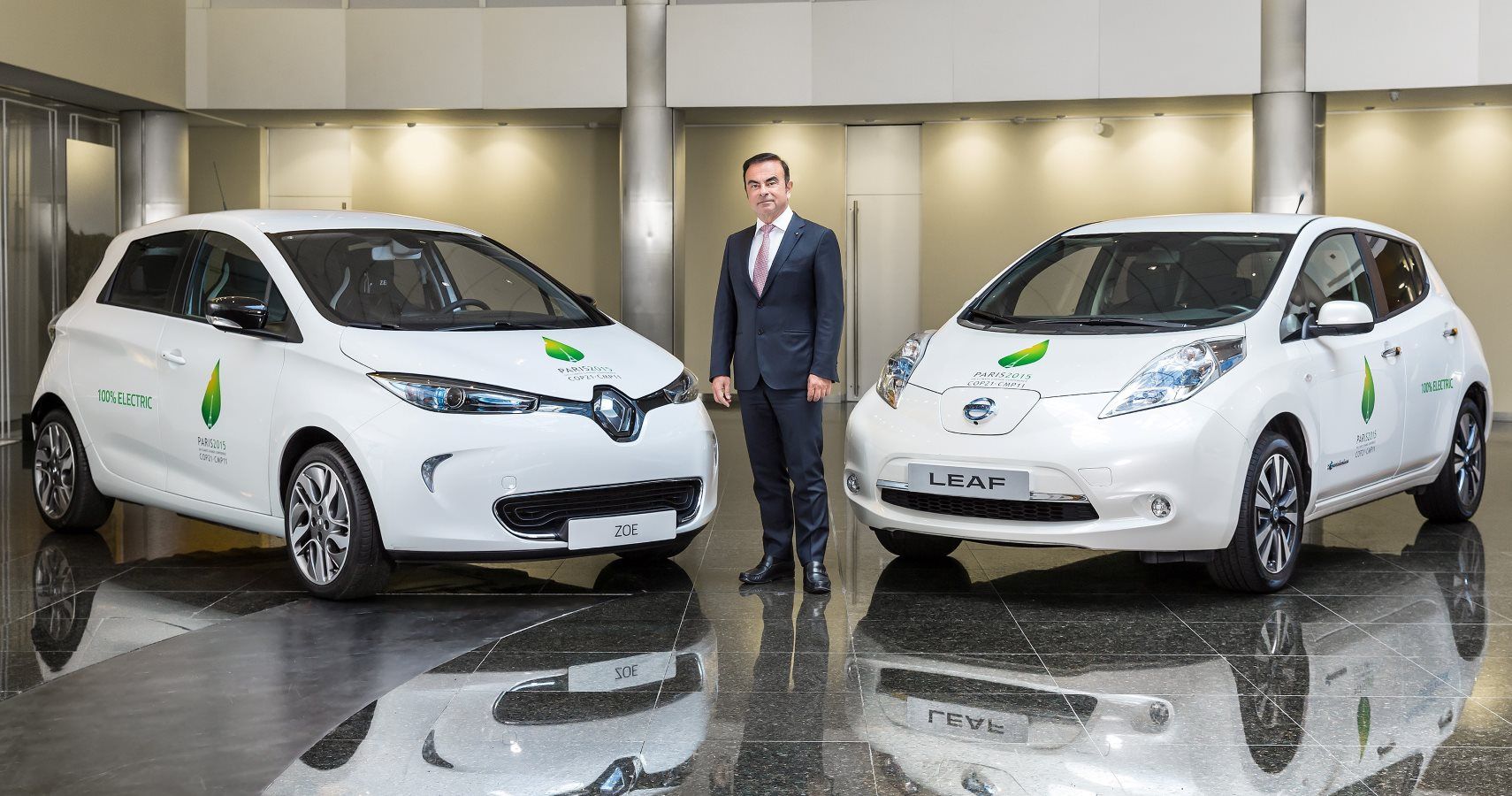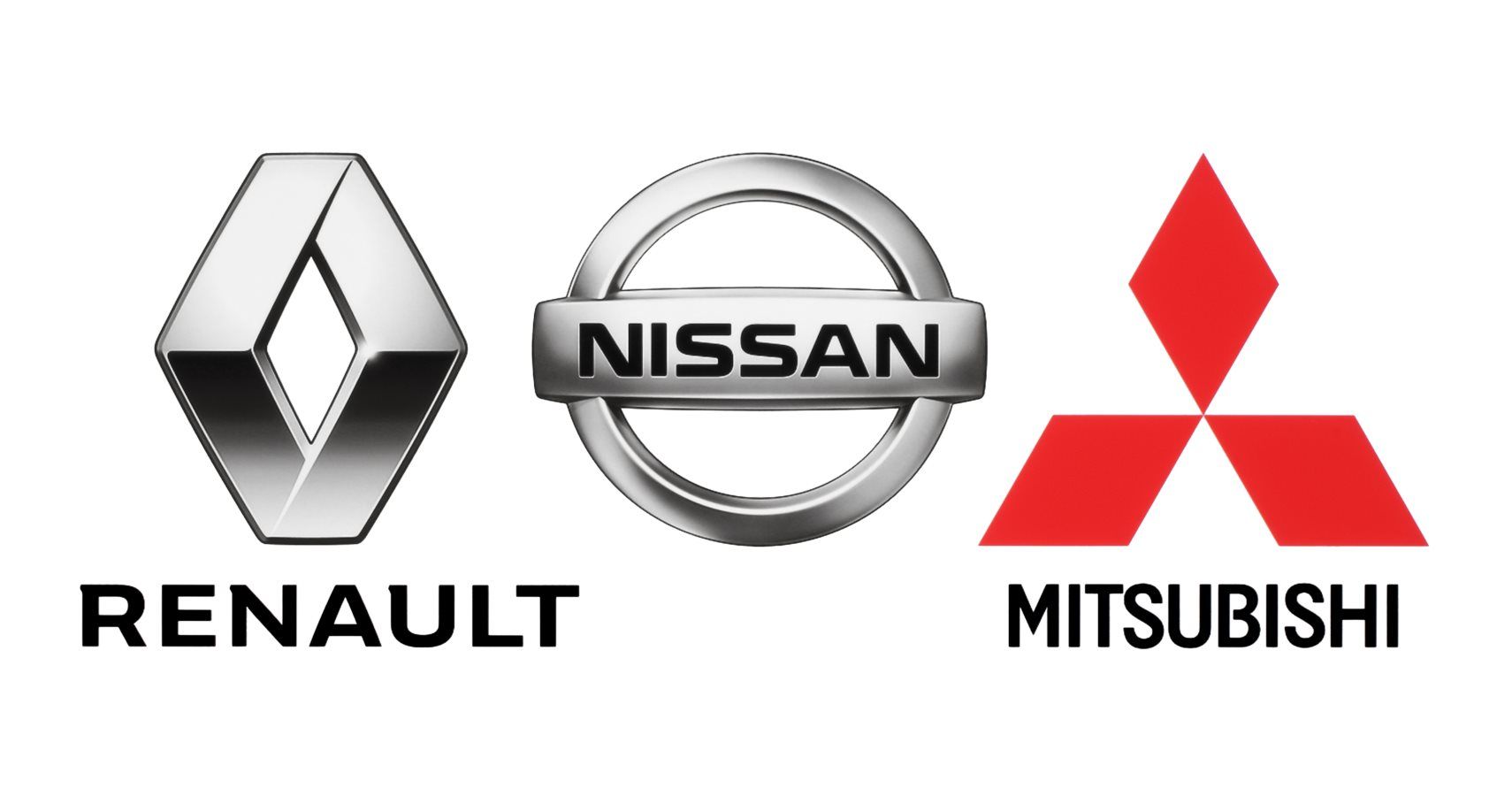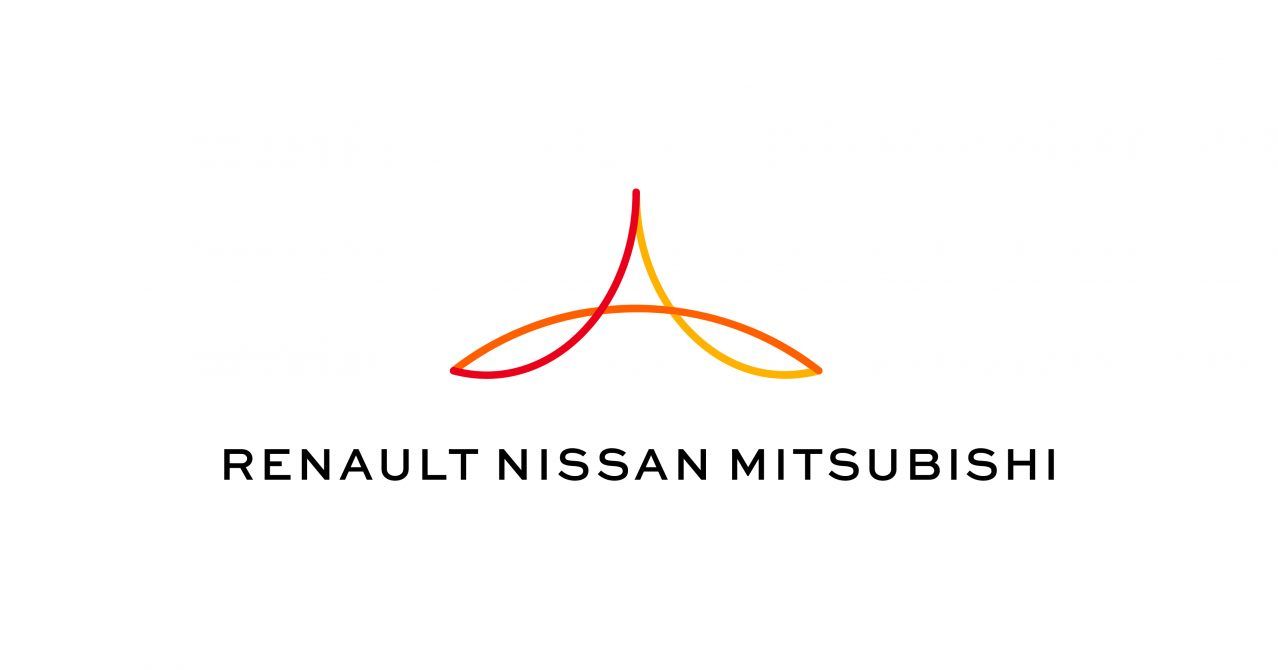In 1999, Renault and Nissan entered an alliance, which worked well until the whole Carlos Ghosn story came out and everything went South. For those who don’t know who Carlos Ghosn is, he was the boss of the Renault-Nissan alliance, who was accused of financial wrongdoing and misappropriation of funds. When the news of his wrongdoings came out, Ghosn was placed under arrest in Japan. To make things really awkward for Renault, Ghosn fled house arrest from Japan in 2019 and escaped to Lebanon. His departure plunged the Nissan-Renault alliance into a big crisis and since then, both parties seem to distrust each other.
Unfortunately, the pandemic didn’t make things easier for the two sides and now, it seems that the Alliance is about to crumble. In a joint statement released on October 10th, Renault Group and Nissan Motor Co have announced that they are “currently engaged in trustful discussions around several initiatives.” According to the press release, some discussion areas include an agreement on a set of strategic shared initiatives spanning markets, products, and technology, and Nissan’s consideration of investing in the new Renault electric vehicle entity.
It’s important to remember that earlier this year, Renault CEO Luca de Meo stated that he was looking to separate the company’s ICE and EV sides of the business into two different organizations. Inside EVs reports Nissan is not quite on board with this idea, and it might be trying to modify the nature of the Alliance and focus its investment in the French automaker’s new separate electric vehicle division.
Can A Focus An Electric Vehicles Save The Renault-Nissan Alliance?
Last January, the Renault Nissan Mitsubishi Alliance has revealed its intention of spending $25.8 billion (€23 billion) with the goal of having 35 electric vehicles by 2030. As part of a "smart differentiation" plan, the group will develop five new platforms shared across brands with 80 percent common usage, according to Tech Crunch. The Alliance is emphasizing "intelligent & connected mobility" and EVs. With a "smart differentiation" approach that enables pooling for platforms, manufacturing facilities, powertrains, and vehicle segments, it seeks to boost commonality.
“For example, the common platform for the C and D segment will carry five models from three brands of the Alliance (Nissan Qashqai and X-Trail, Mitsubishi Outlander, Renault Austral and an upcoming seven-seater SUV),” Renault Group said in the press release.
Evidently, the group has a strong focus on electric vehicle production and is already sharing resources and manufacturing plants. Naturally, this helps partners share the costs associated with research and development and design. And it also creates common goals, such as developing new EV models and conquering markets that thus far, were out of reach for the group’s partners. In a press release, the Alliance announced that “each company will share even more of its common platforms and technologies, from 60 percent of its combined models today to more than 80 percent by 2026.”
Simply put, if there’s something that can save the Alliance, it is the aggressive electrification strategy that brings together know-how and financial and non-monetary resources. The group expects to implement the new CMF-BEV platform in 2024; Nissan has selected this platform for its pure-EV successor of Micra in Europe. Important to note that Nissan will build the car at the Renault ElectriCity in France.
The Future Of The Renault And Nissan Alliance
Currently, Renault owns 43.4 percent of Nissan (worth an estimated 6.1 billion euros). However, the Japanese automaker is putting pressure on the French group to sell down its stake in Nissan to 15 percent. It’s worth noting that Nissan also holds a 15 percent stake in Renault Group, but this minority stake doesn’t come with voting rights. Reuters reported that Nissan is considering raising funds to buy back its shares. The requests, according to the source who requested anonymity since the negotiations were private, were made in exchange for Nissan's agreement to contribute financially to Renault's new unit, which would house its electric vehicle (EV) assets. According to sources, even Mitsubishi is reportedly considering buying a single digit percent stake in Renault's EV division.
Regarding the future of the Alliance, selling down the stake in Nissan could be a smart survival strategy that benefits the entire organization. The relationship between Renault and Nissan has been contentious from the get-go. The 2015 incident when the French government stunned the alliance by raising its Renault stake only deepened the hostility. Later, the French government sold down its stake, but other clouds appeared on the horizon with the Carlos Ghosn scandal; thus, the mistrust deepened. If Renault agrees to sell down its stake, it would avoid power struggles, and it could restore trust inside the Alliance.




